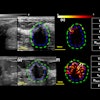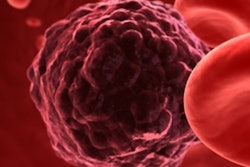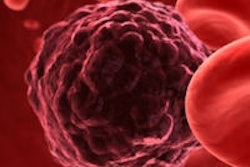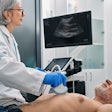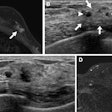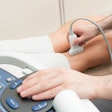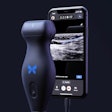Performing a blood test in addition to an ultrasound exam improved the sensitivity of liver cancer detection in patients with cirrhosis, according to research published online February 6 in Gastroenterology.
Unlike most cancers in the U.S., the incidence of liver cancer continues to rise. The U.S. National Cancer Institute reported that its detection increased by approximately 2.7% per year over the past 10 years. Traditionally, clinicians acquire an abdominal ultrasound to spot liver cancer, but studies have shown the technique to miss small cancers.
Seeking to identify the best method for spotting liver cancer, researchers from the University of Texas Southwestern Medical Center retrospectively examined 32 studies that included the diagnostic performance of various strategies for detecting early-stage hepatocellular carcinoma (HCC).
They discovered that testing for the presence of the blood biomarker alpha-fetoprotein (AFP) in conjunction with an ultrasound exam resulted in a sensitivity of 63% for the detection of HCC -- a statistically significant (p = 0.002) increase from 45% when using ultrasound alone. However, this pairing did not increase the specificity to a statistically significant degree.
These findings may suggest the need for a change in clinical practice toward combining ultrasound with blood-based biomarkers for the early detection of liver cancer, the authors concluded.



